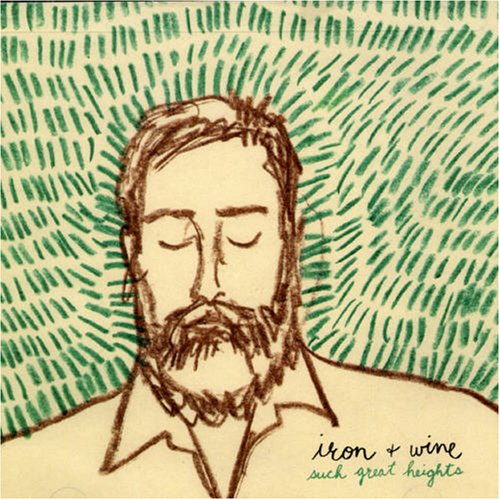Post inspired by Iron & Wine’s cover of “Such Great Heights”. Listen and feel hip as you read.
For our latest challenge, I was put on a team in charge of helping a nonprofit’s partner agencies formulate strategies to recruit and retain more millennial volunteers. Through online surveys, in person interviews with volunteers and staff at Forgotten Harvest, agencies and other nonprofits with a lot of millennial volunteers, and external research we decided on four main findings regarding millennial volunteers:
- Millennials want to feel a real connection to the mission of the organization that they’re serving
- Millennials crave a recognizable impact—they want to see the difference they’re making in the lives of others
- Millennials want to experience a consistent, organized event where they have clear direction and valuable tasks
- Millennials want to develop a real connection and relationship with their fellow volunteers and the organization
All of these findings imply that millennials want an up close and personal approach. So, the best strategy to encourage them to volunteer is by alerting them to the needs in their community, and then emotionally connecting them to the cause.
This research was millennial based, but I think that it applies to all age groups. To manage the significant challenges in our world, people tend to remove themselves from or even completely ignore tragedies that don’t impact them or their community directly. I know that I personally choose to dwell and educate myself on selective issues. I believe this is in part because I simply can’t keep up with everything, because I choose events or issues that I am personally passionate about and finally, because I get emotionally disturbed by some of the things I see when trying to learn.
But, if people like me pick and choose what communities and whose lives to care about, we dampen the severity of the struggles of others. When viewed from far away, any issue or struggle can seem simplistic and easily solvable because it takes time to step down from your own world view and look closely at the world of others.
Whether it is adult literacy in Detroit, the Flint water crisis, or the brutal anti-drug campaign in the Philippines, distancing myself from any tragedy not only helps to delegitimize their suffering, but perpetuates an apathetic status quo. So, I suppose the core question is: where do we draw the line between self-preservation and indifference?

